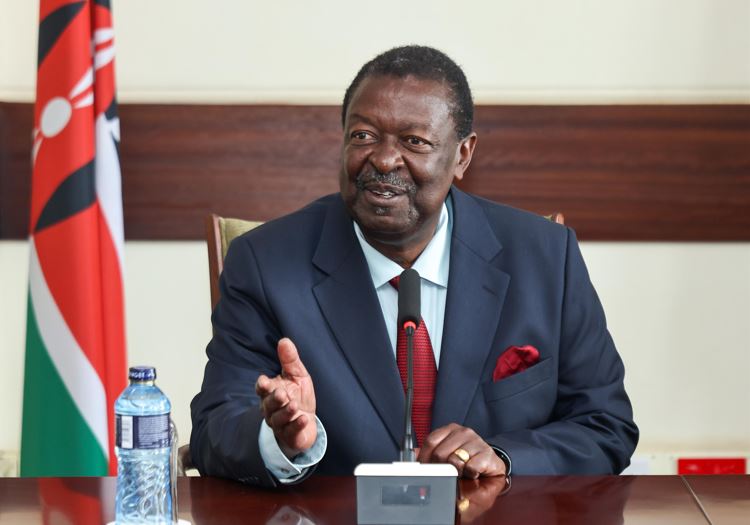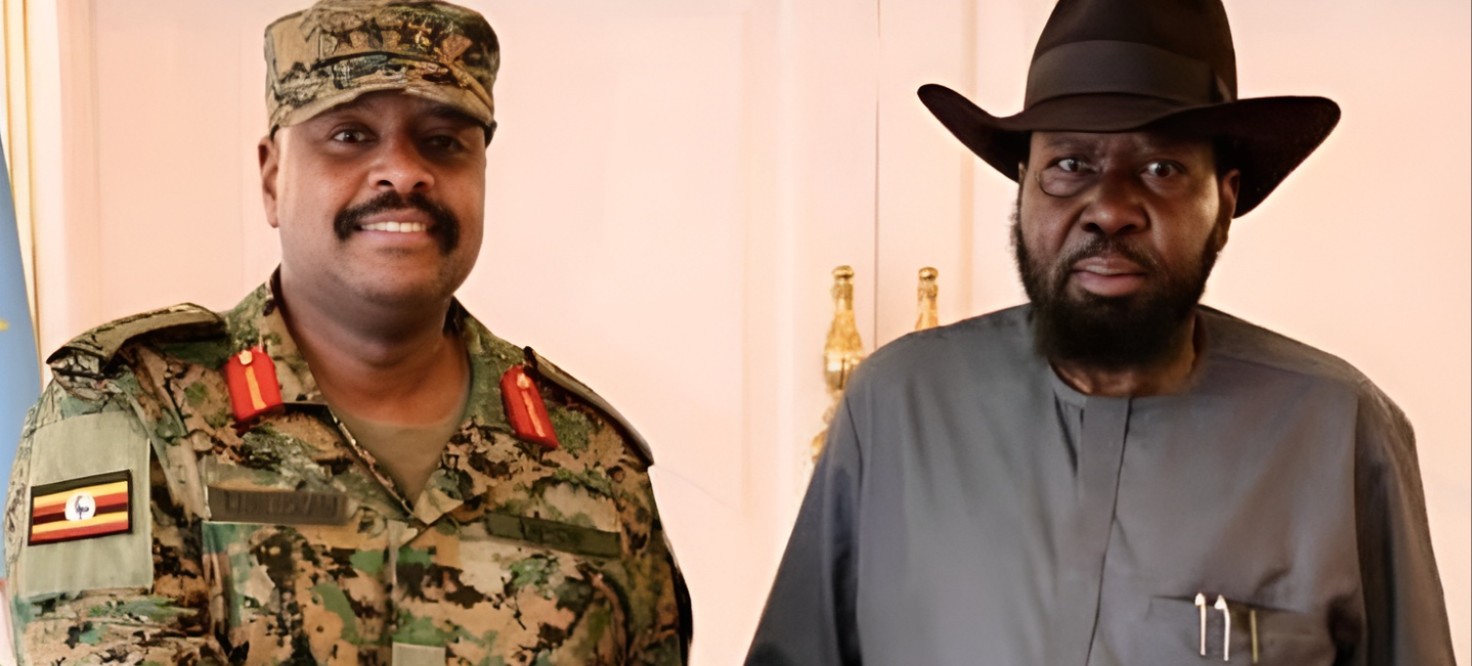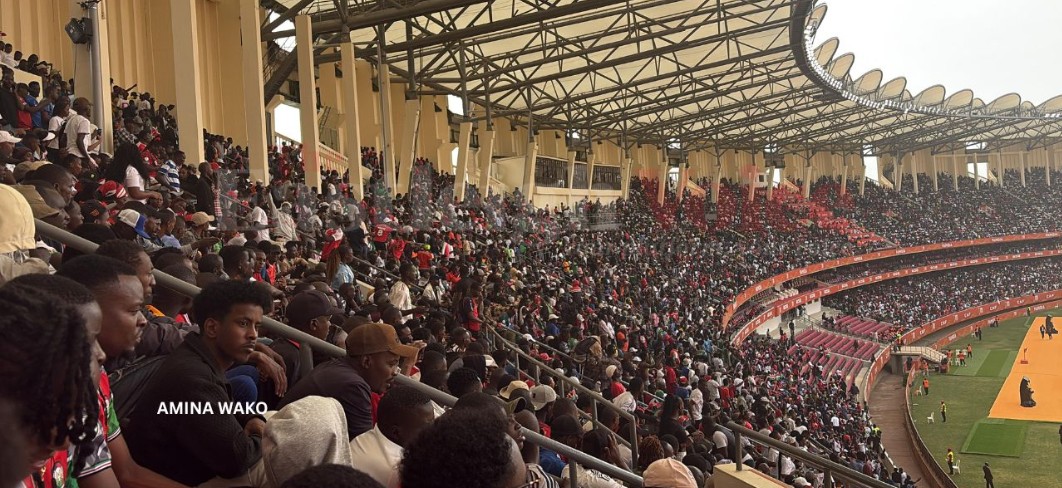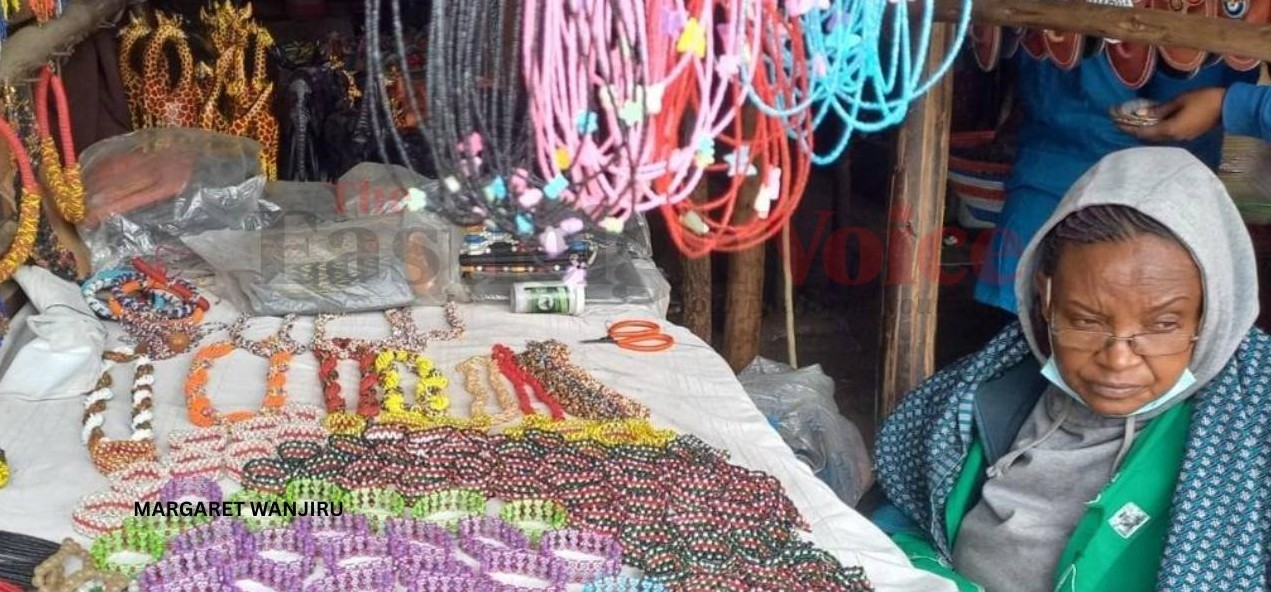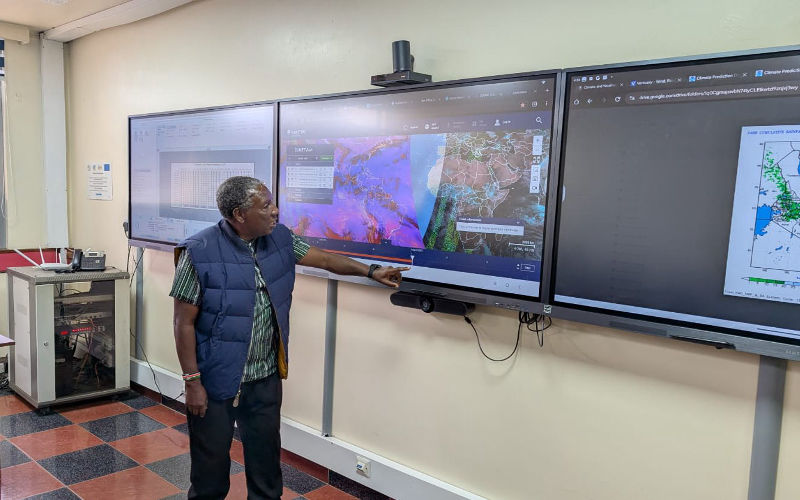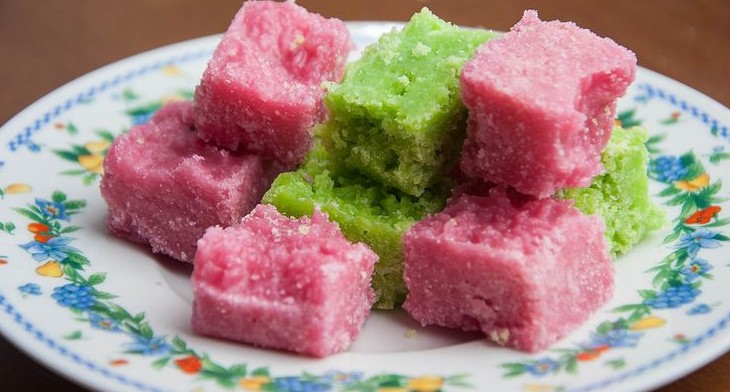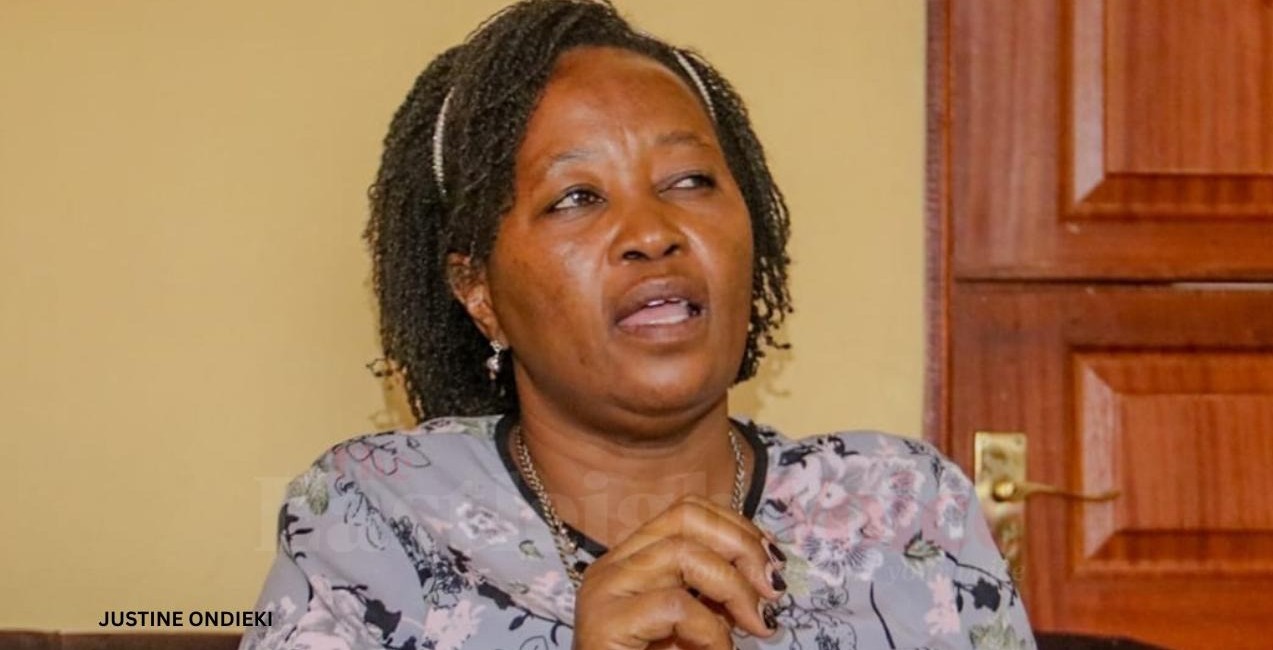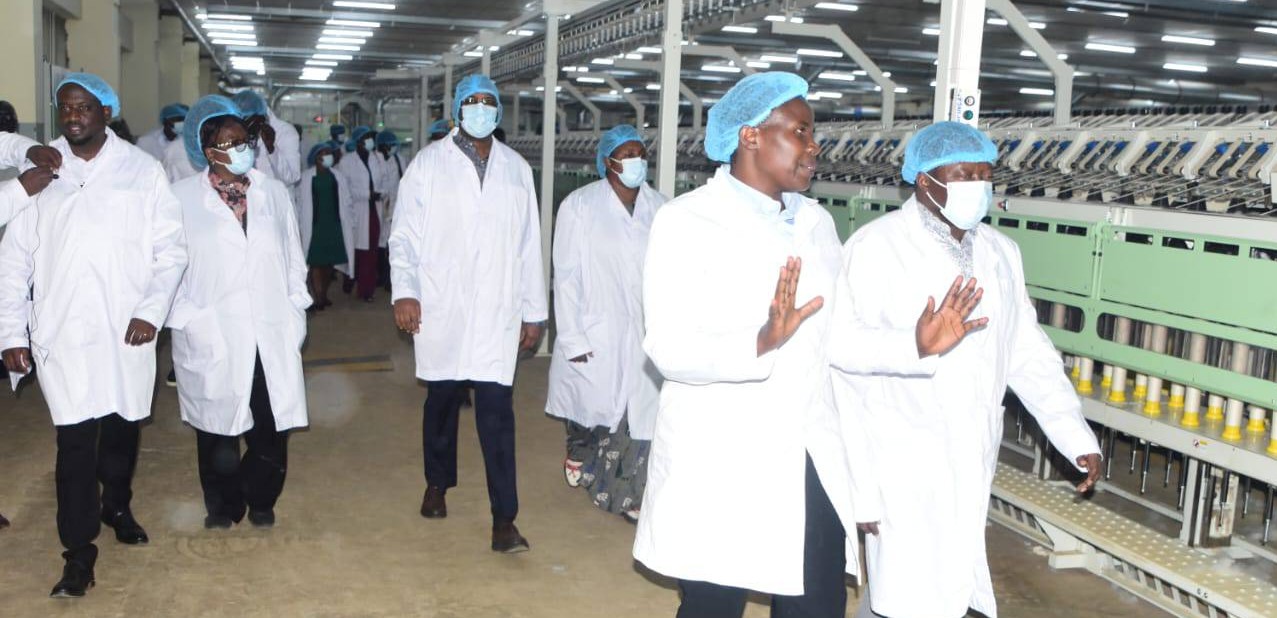Ruto: Government not funding Sh104 billion SHA System
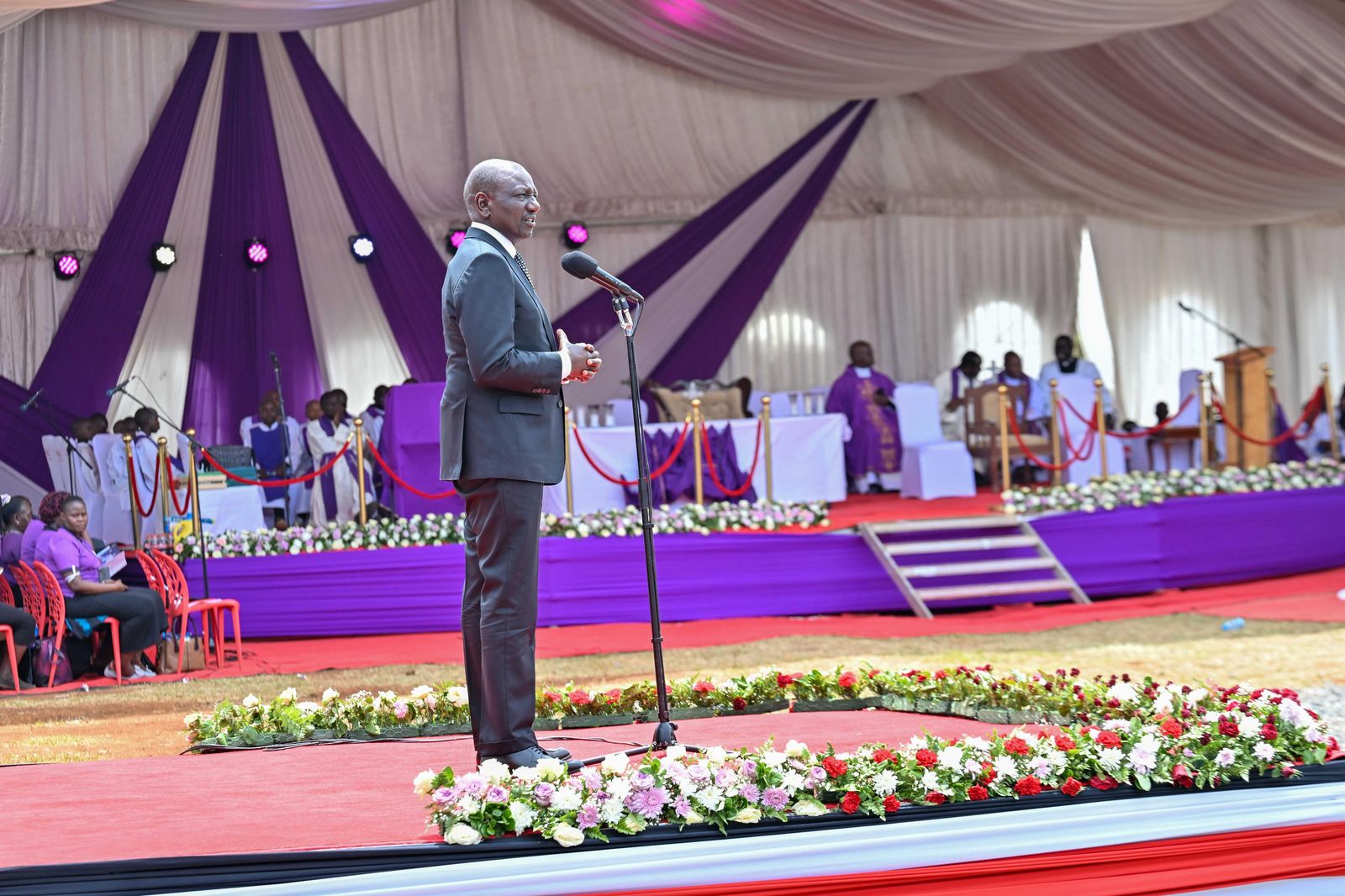
He explained that SHA is managed by a consortium of technology companies tasked with preventing fraudulent claims, a problem that plagued the National Health Insurance Fund (NHIF).
President William Ruto has dismissed claims that the government spent Sh104 billion on procuring the Social Health Authority (SHA) system.
Speaking on Tuesday in Malava, Kakamega, during the burial of the late MP Malulu Injendi, Ruto said the government will not fund the system apart from a fee-for-service arrangement.
More To Read
- Murkomen tells Gachagua to record statement over Al-Shabaab claims upon return to Kenya
- Defiant Sifuna attacks Ruto again, accuses him of undermining devolution
- President Ruto distributes business equipment to Nairobi youth groups
- Ruto revives ‘Hustler’ wave with youth empowerment drive ahead of 2027 polls
- Legal experts divided over Ruto’s move to compensate protest victims since 2017
- President Ruto blasts opponents over 'wantam' demand
He explained that SHA is managed by a consortium of technology companies tasked with preventing fraudulent claims, a problem that plagued the National Health Insurance Fund (NHIF).
According to him, nearly 40 percent of NHIF funds were lost to fraud, something he vowed would not happen under his leadership.
"Because we want to sort out the problem of fraud of the past. Money that was collected by NHIF was stolen by fraudsters through fraudulent claims, which claimed almost 40% of the money that was being raised by NHIF. That will not happen as long as I'm president," Ruto explained.
The President added that those opposing SHA are brokers who benefited from NHIF fraud and are now spreading falsehoods about the new system.
"Those complaining are people who have been stealing from us, they don't want a system that works, because they want to continue stealing from us," he stated.
A report by Auditor General Nancy Gathungu indicated that the Sh104 billion system, which contains Kenyans' health data, is controlled by private entities.
The review found that the escrow agent, appointed by both parties, is expected to collect Sh111 billion over a decade.
The audit further revealed that the consortium earns 2.5 percent from every member contribution, five percent from claims by health facilities, and 1.5 percent for track-and-trace services.
Additionally, the government is restricted from developing a competing system.
Other Topics To Read
Top Stories Today
- From crisis to cultivation: Haiti’s farmers build resilience one seed at a time
- From Kariokor Market to the world: Elizabeth Kioko’s beadwork legacy
- Ogam, Omija and McCarthy reflect on Harambee Stars crucial win over Morocco
- How to choose your first camera: Expert tips for beginners
- The power of 10 minutes: How morning sunlight enhances memory and mood
- Homemade kashata: A sweet treat made with only 3 ingredients
